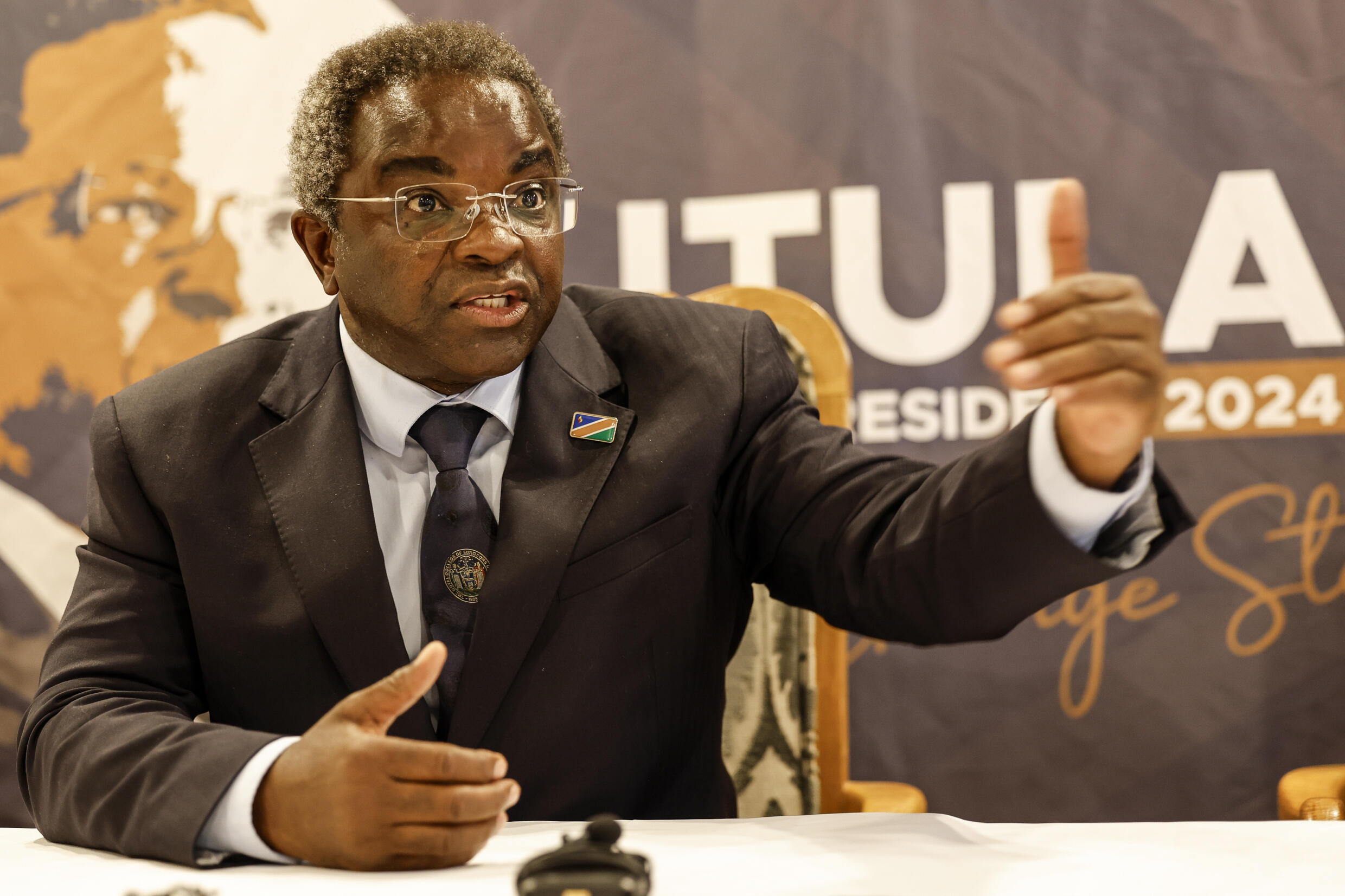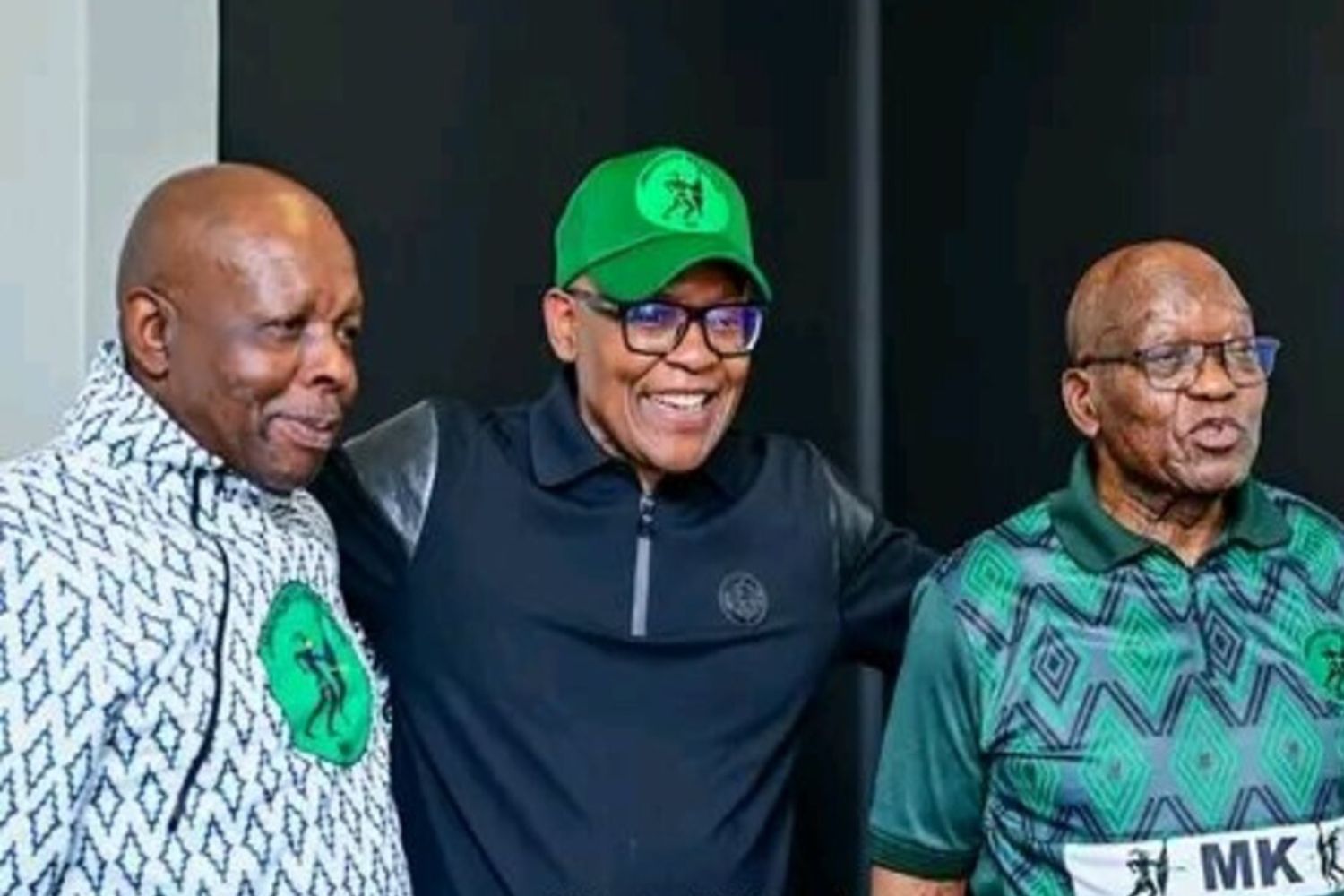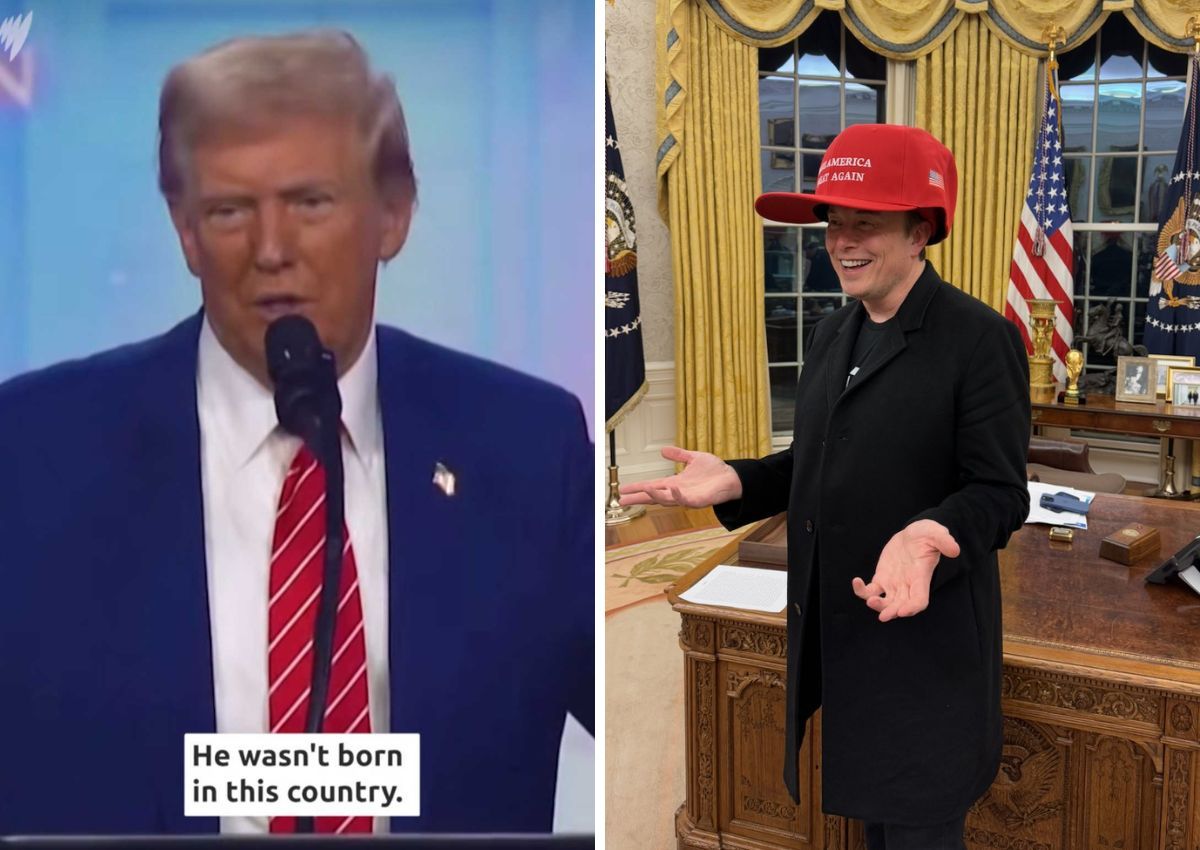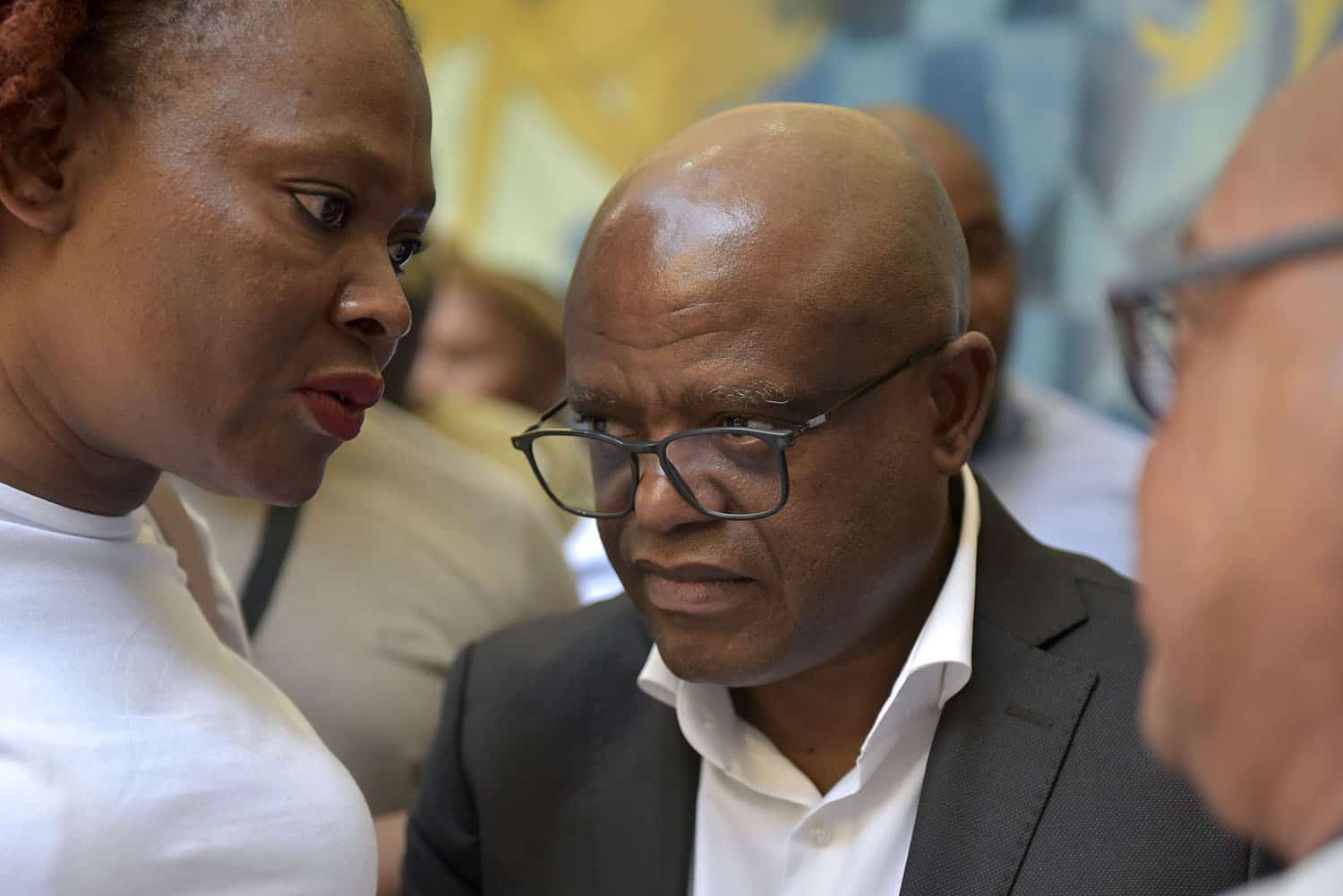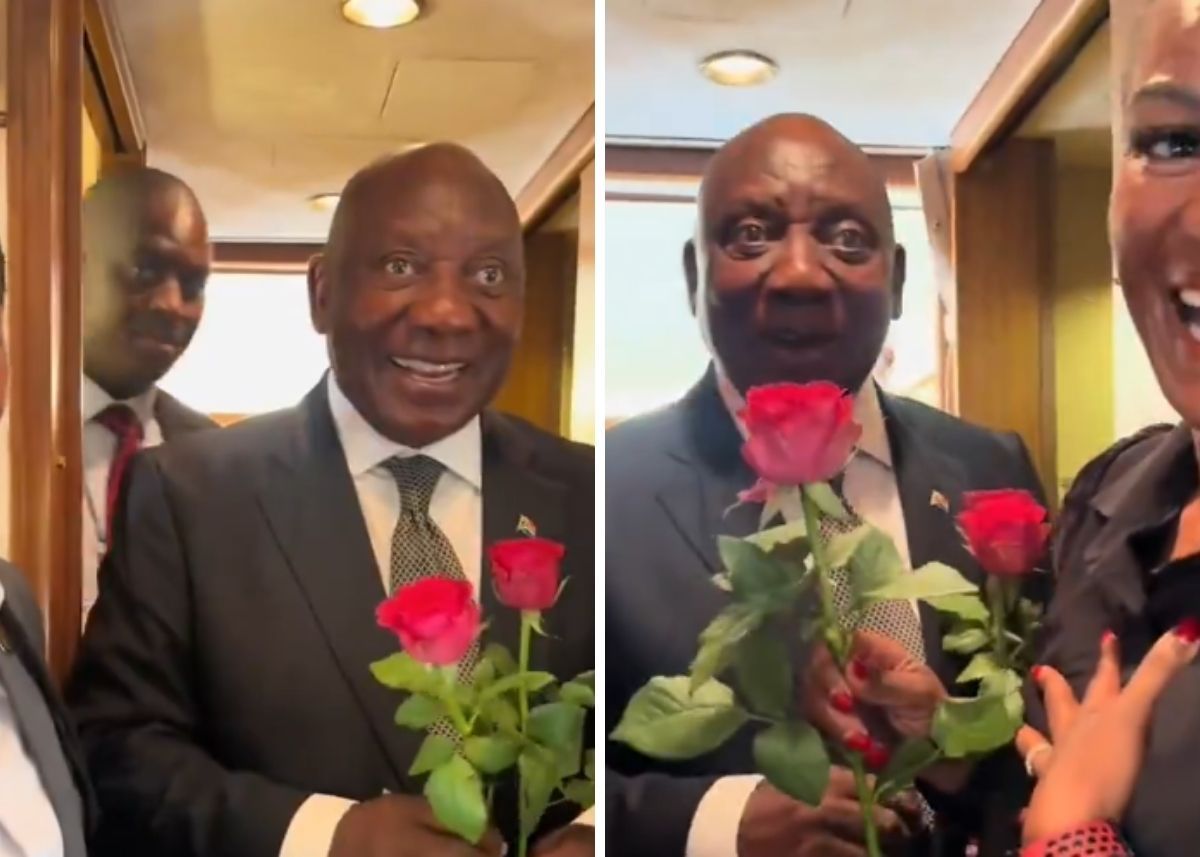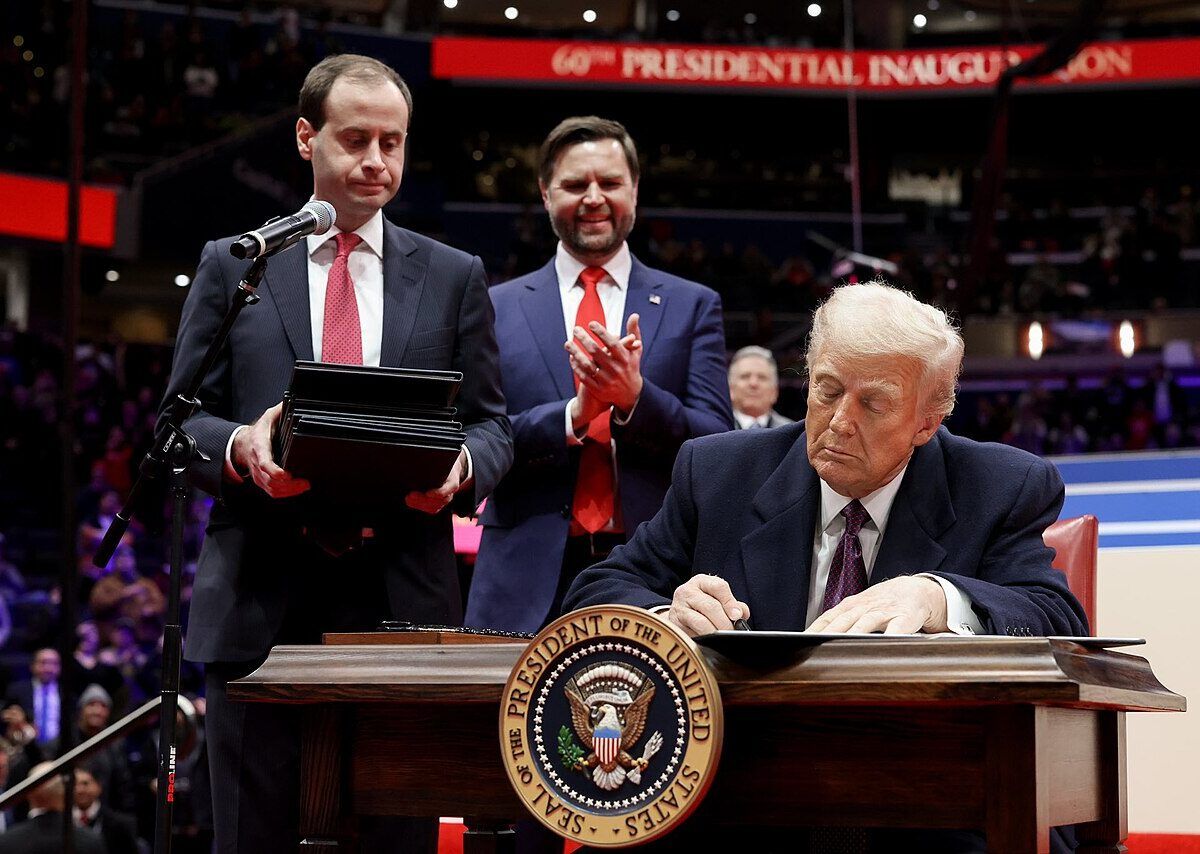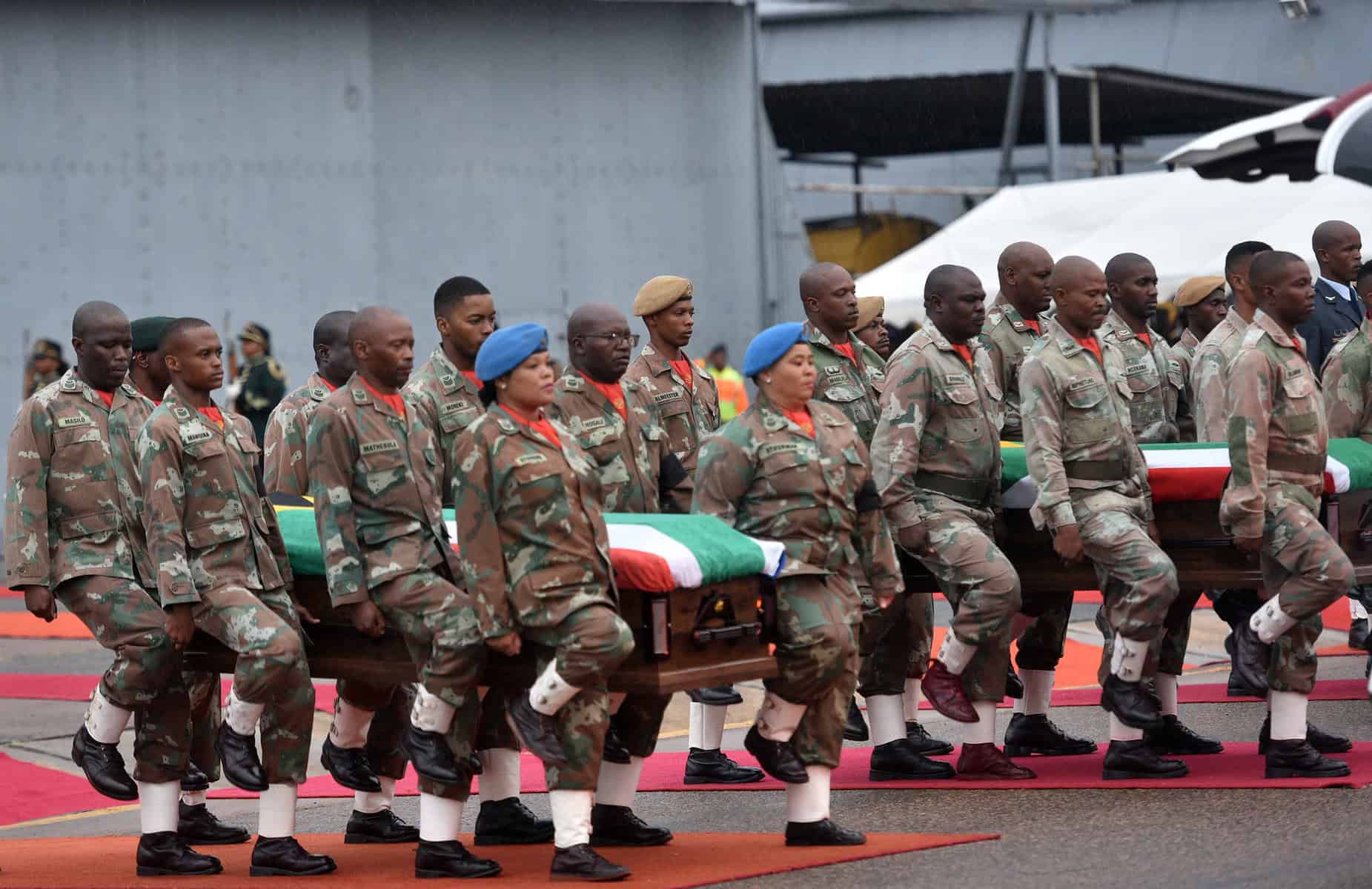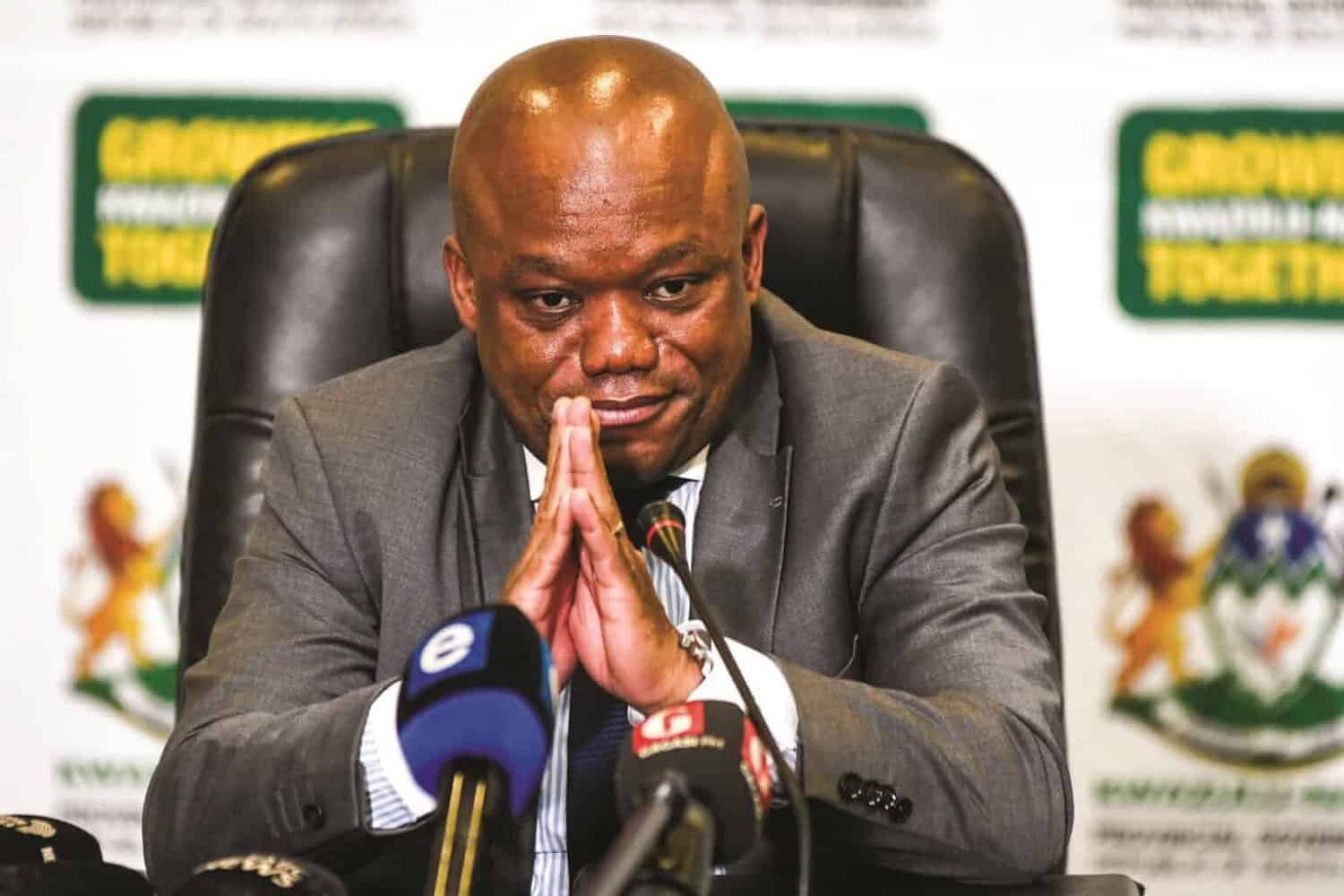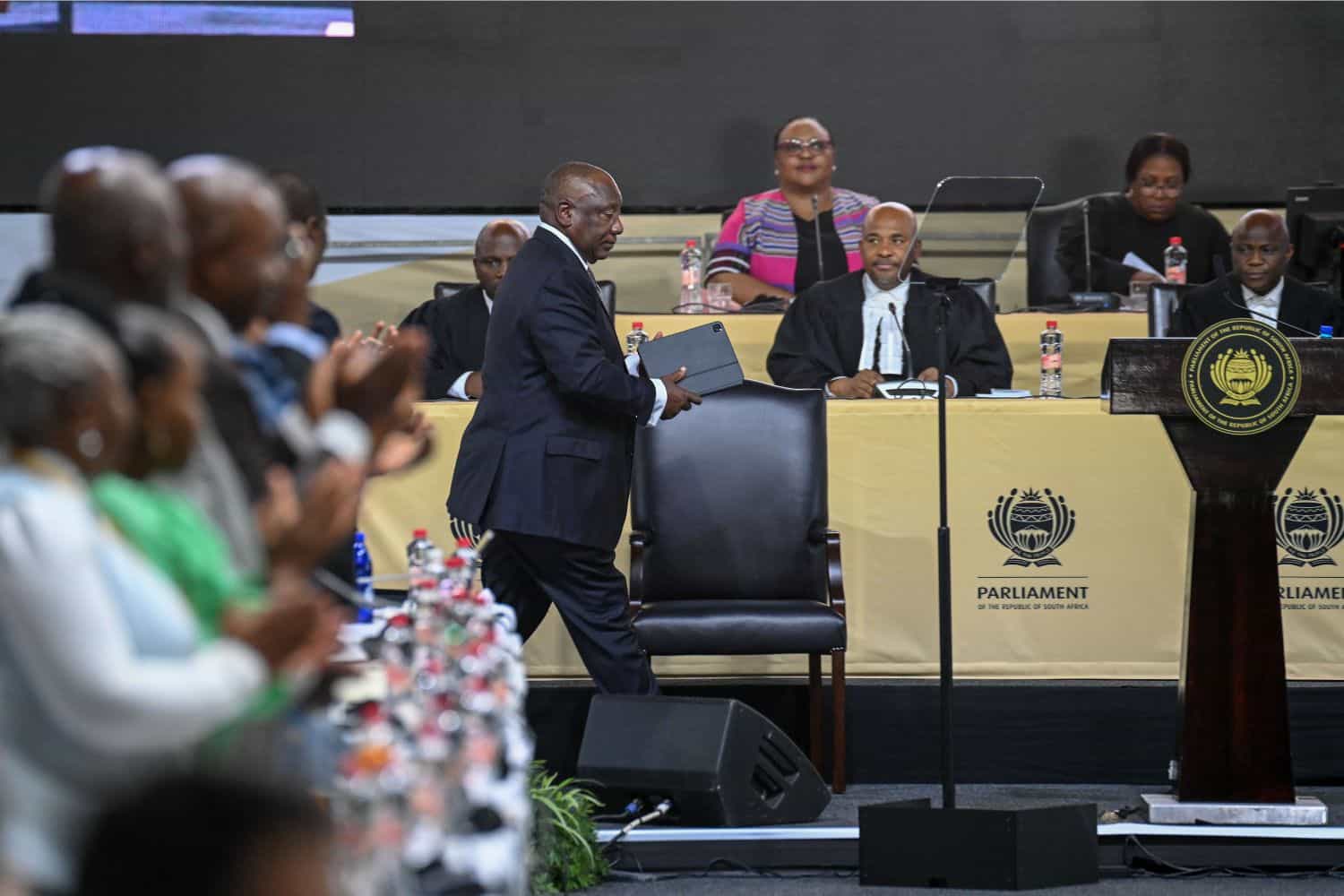Namibia’s ruling SWAPOparty was declared the winner on Tuesday of last week’s disputed elections, ushering in the southern African country’s first female president after a disputed vote that the main opposition has already said it does not recognise.
For the latest politics news, bookmark The South African website’s dedicated section for free-to-read content
Vice-President Netumbo Nandi-Ndaitwah took just over 57 percent of ballots followed by the candidate for the main opposition Independent Patriots for Change (IPC) with 25.5 percent, the election authority announced.
Nandi-Ndaitwah, 72, becomes the first woman to rule the mineral-rich southern African country that has been governed by the South West Africa People’s Organisation (SWAPO) since independence from apartheid South Africa in 1990.
Shortage of ballot papers
The November 27 election was a test of SWAPO’s 34-year grip on power, with the IPC attracting some support from younger generations more concerned by unemployment and inequality than loyalty to liberation-era parties.
Voting was extended to November 30 after logistical and technical problems, including a shortage of ballot papers, led to long queues. Some voters gave up on the first day of voting after waiting for up to 12 hours.
The IPC said this was a deliberate attempt to frustrate voters and it would not accept the results.
Its presidential candidate Panduleni Itula, 67, said last week there were a “multitude of irregularities”.
The “IPC shall not recognise the outcome of that election”, he said on Saturday, the last day of the extended vote. The party would “fight… to nullify the elections through the processes that are established within our electoral process”, he said.
In reaction to Tuesday’s announcement of the SWAPO victory, IPC spokesperson Imms Nashinge said the party maintained this position.
Itula last week called on his party’s supporters to be calm but also “stand firm to ensure that we shall not be robbed neither denied our democratic right to choose our leaders.”
An organisation of southern African human rights lawyers serving as election monitors also said the delays at the ballot box were intentional and widespread.
Failures
The Electoral Commission of Namibia (ECN) admitted to failures in the organisation of the vote, including a shortage of ballot papers and the overheating of electronic tablets used to register voters.
Of the nearly 1.5 million registered voters in the sparsely populated country, nearly 77 percent had cast ballots in the presidential vote, it said Tuesday.
“Fellow Namibians, elections are competitive by nature, but democracy calls upon us to unite once the votes have been counted. I urge all Namibians to embrace the results with the spirit of unity, diversity, understanding and reconciliation,” said ECN chairperson Elsie Nghikembua after announcing the results.
SWAPO also had a clean sweep of the concurrent national assembly election, taking 51 seats compared to 20 for the IPC. SWAPO’s tally was down from its 63 seats in the previous assembly.
The election was seen as a key test for SWAPO after other liberation-era movements in the region have lost favour with young voters including with the Botswana Democratic Party being ousted from power of that country last month after almost six decades.
Namibia is a major uranium and diamond exporter but analysts say not many of its nearly three million people have benefited from that wealth in terms of improved infrastructure and job opportunities.
Unemployment among 15- to 34-year-olds is estimated at 46 percent, according to the latest official figures from 2018, which is almost triple the national average.

Nandi-Ndaitwah, a SWAPO stalwart known by her initials NNN, will be among the few women leaders on the continent.
The conservative daughter of an Anglican pastor, she became vice president in February this year.
Recognisable by her gold-framed glasses, she has tried to vaunt the wisdom of her years during the campaign where she was often wearing blue, red and green, the colours of her party and of the national flag.
Among her election promises, NNN said she intends to “create jobs by attracting investments using economic diplomacy.”
By Garrin Lambley © Agence France-Presse
